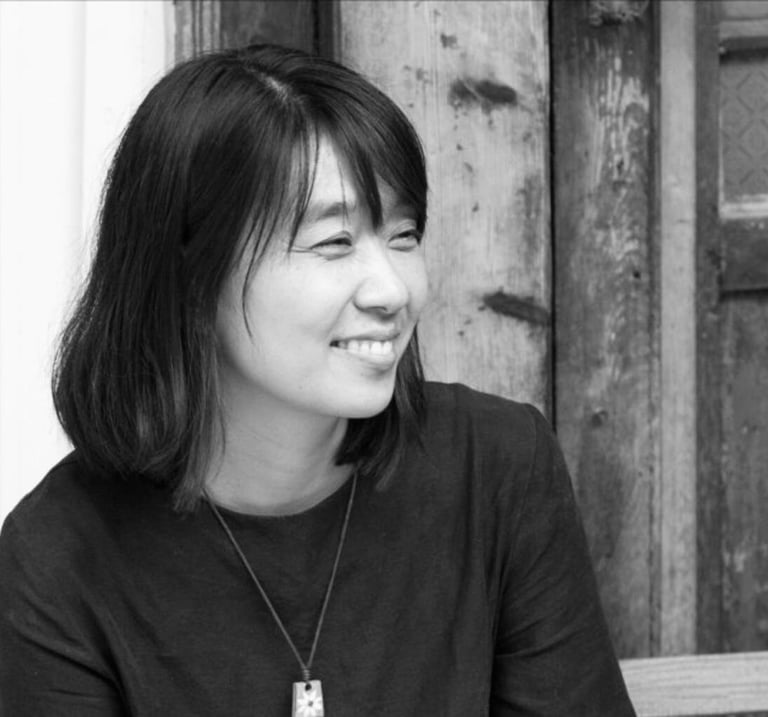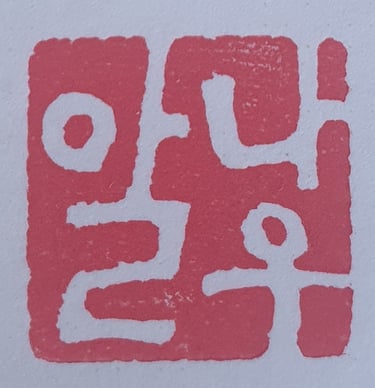

This year, the Nobel Prize in Literature honored the South Korean author Han Kang and one of her works.
"The Nobel Prize in Literature 2024 is awarded to the South Korean author Han Kang, "for her intense poetic prose that confronts historical traumas and reveals the fragility of human life."
In her work, Han Kang confronts historical traumas and invisible sets of rules, and in each of her writings, she sheds light on the fragility of human life. She has a unique awareness of the connections between body and soul, the living and the dead, and with her poetic and experimental style, she has become an innovator in contemporary prose."
Han Kang, a South Korean author, has emerged on the international literary scene with a singular and poignant voice. Known for her subtly lyrical and deeply introspective writing, she tackles complex themes such as alienation, violence, trauma, and the search for meaning in an often oppressive world. She is particularly recognized for her novel The Vegetarian (채식주의자), which earned her the prestigious Man Booker International Prize in 2016, solidifying her status as a globally renowned writer.
If awarded the Nobel Prize in Literature, it would honor a body of work that transcends geographical and cultural boundaries to address universal human concerns. Han Kang's work is distinguished by its ability to probe the limits of the human condition with rare emotional intensity and psychological depth.
The Vegetarian, her most famous work, is a three-part novel that explores the personal and social repercussions of a quiet act of rebellion—a woman’s refusal to continue eating meat. Through this simple premise, Han Kang delves into questions of bodily autonomy, individual freedom, and the pervasive violence in human relationships. The narrative evolves into a meditative reflection on resisting conformity and the fragility of the human mind.
Her work Human Acts (소년이 온다), which explores the 1980 Gwangju Massacre, highlights another facet of her writing: her ability to confront the horrors of history and give voice to those silenced. This novel is both an indictment of political brutality and an exploration of collective mourning. Through a restrained yet visceral style, Han Kang evokes the pain of individuals caught in the whirlwind of historical events, while addressing profound questions of memory and reconciliation.
Han Kang’s work synthesizes these two poles: an intimate reflection on the human soul and a social and political interrogation of the external forces that shape individual lives. She blends poetry with brutality, silence with outcry, to reveal the complexities of human existence.
Her prose, often marked by an economy of words, carries a subtle poetry that heightens the emotional force of her narratives. Han Kang is unafraid to explore the darker zones of the human mind, but she does so with a rare sensitivity, allowing her readers to immerse themselves in realities that are both unsettling and revealing.
By awarding the Nobel Prize in Literature to Han Kang, the Nobel Committee would acknowledge the importance of giving voice to the marginalized and oppressed, while emphasizing literature’s role as a tool for healing and resistance. Han Kang, with her ability to translate human pain into words, offers not only powerful stories but also a space for reflection on the human experience in all its plurality and complexity.
Her work invites contemplation on what it means to be human in a world where violence is often omnipresent, yet where hope, art, and compassion remain vital forces. The power of her writing lies in its capacity to transcend cultural and linguistic barriers, touching the hearts of readers worldwide, making Han Kang a deserving candidate for the Nobel Prize in Literature.

